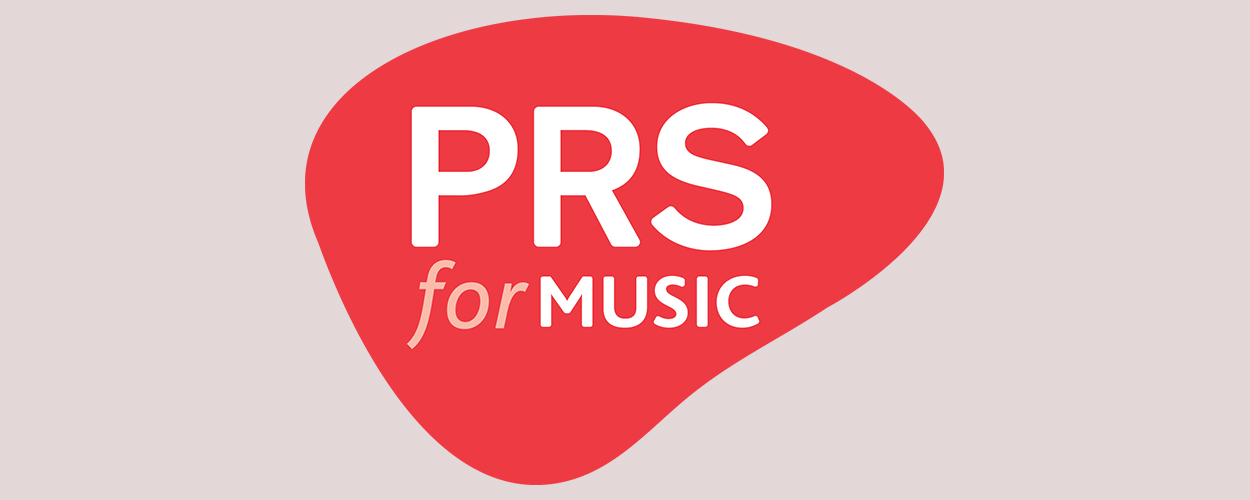This website uses cookies so that we can provide you with the best user experience possible. Cookie information is stored in your browser and performs functions such as recognising you when you return to our website and helping our team to understand which sections of the website you find most interesting and useful.
Business News Digital Labels & Publishers Legal
Stream-ripping grew 1390% in three years, says PRS For Music
By Chris Cooke | Published on Wednesday 16 September 2020

UK collecting society PRS For Music has put out a new report explaining why it thinks stream-ripping should still be at the top of the music industry’s piracy gripe list.
The report is called ‘Stream-ripping: Its Role In The UK Music Piracy Landscape Three Years On’, because the society first put the spotlight on this particular form of music piracy back in 2017. That study looked at the use of stream-ripping platforms – which allow people to turn temporary streams into permanent downloads – from 2014 to 2016. The new report looks at what has happened since.
According to the online rights monitoring company INCOPRO, which PRS commissioned to do the research, use of stream-ripping platforms in the UK increased by 1390% between 2016 and 2019. Meanwhile other common forms of music piracy, like BitTorrent file-sharing and the sharing of links to files stored in digital lockers, were either static or in decline.
That was despite some key stream-ripping platforms going offline as a result of legal action or the threat of legal action from music industry organisations like the RIAA, BPI and IFPI. As is often the case with whichever music piracy systems are in vogue, as one high profile service is sued off the internet, several others are ready to take its place.
According to INCOPRO and PRS, by far the most popular stream-ripping service in the UK at the moment is y2mate.com, the increased popularity of which was likely behind a significant uplift in the number of streams being ripped by UK users last year. Although streams are ripped from an assortment of legit music services, YouTube streams are still the most likely to be the subject to ripping.
The shift in music piracy from file-sharing to stream-ripping is in part the result of the shift that has occurred in the legitimate digital music market. The rise of the streaming platforms over the download stores made the kinds of file-sharing that were popular in the 2000s less attractive because accessing free streams from Spotify and YouTube was generally simpler than downloading files via the file-sharing networks.
However, free streaming services generally don’t allow offline listening – that being a key USP of premium streaming – which means some people use the free versions of Spotify or YouTube while they are online, but then rip their favourite tracks from those services for when they are offline.
As that shift has been occurring, the music industry in general has been less vocal about the music piracy problem. Partly because the record industry is back in growth, but mainly because getting reform of the copyright safe harbour – which the music industry felt was being exploited by YouTube type services to pay lower royalties – became lobbying priority number one.
However, some piracy griping continues, most of it stream-ripping focussed these days, and – as noted – some litigation has been pursued against certain stream-ripping sites. That litigation is generally successful in getting those specific services offline, but not in stopping the growth of stream-ripping in general.
Commenting on the new report, PRS’s Head Of IP And Litigation Simon Bourn said: “This report shows that music piracy is very much still alive and kicking, and that stream-ripping is now responsible for a mammoth proportion of the overall piracy problem”.
“Streaming royalties now account for over 20% of our members’ income”, he went on, “and the popularity of this illegal activity has a severe and direct impact on the royalties we can collect for them from legitimate services. Each time a stream is ripped, the user is then listening to and consuming that rip outside of the licensed ecosystem”.
Insisting that PRS is working hard to combat all things stream-ripping, Bourne continued: “We will continue to take all possible measures to prevent stream-ripping services from existing, in order to maximise the royalties we collect for our members and to ensure they receive fair remuneration for their work”.
And finally, putting some of the responsibility on the tech sector and the ad networks the stream-ripping services often use to generate income, he concluded: “We also expect others who are in positions of responsibility within the digital economy, including app stores, software and plug-in platforms, ad networks, YouTube and other licensed services, to play their own parts in preventing these illegal services from stealing music and depriving songwriters, composers and music publishers of their rightful reward”.
You can download the full stream-ripping report here.





